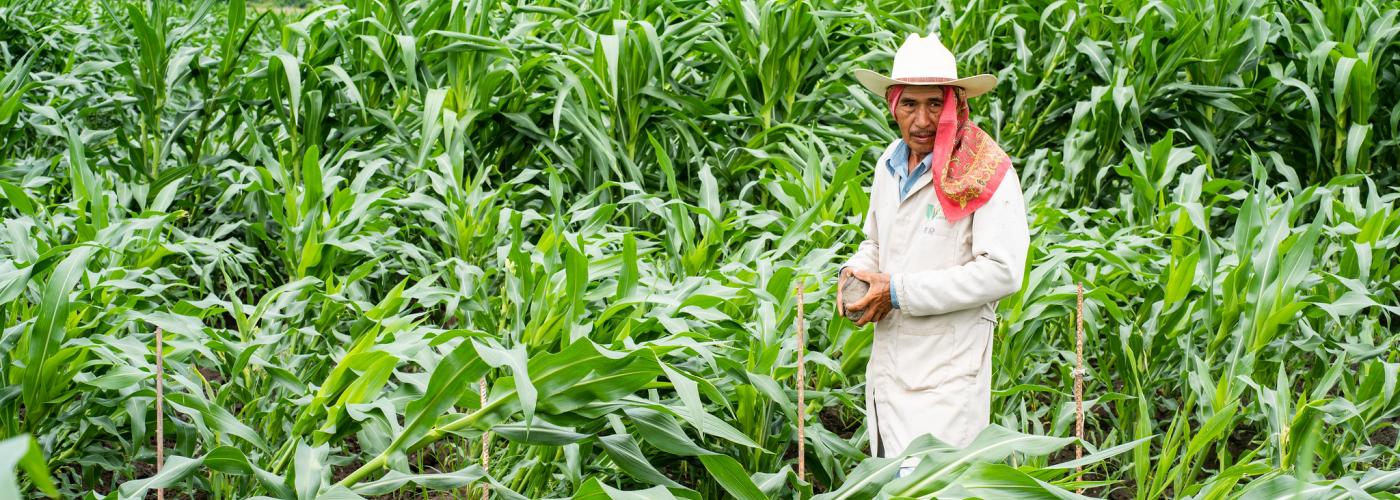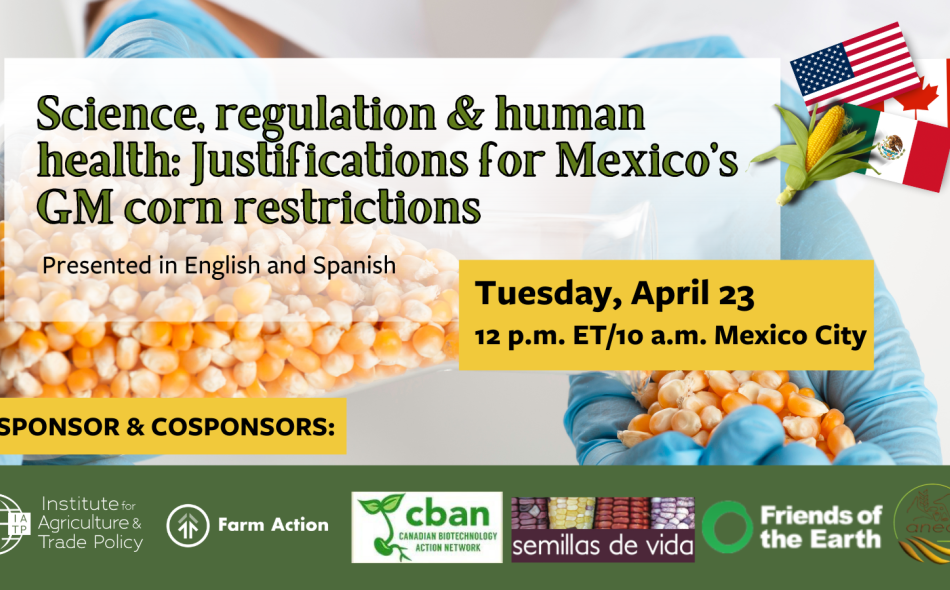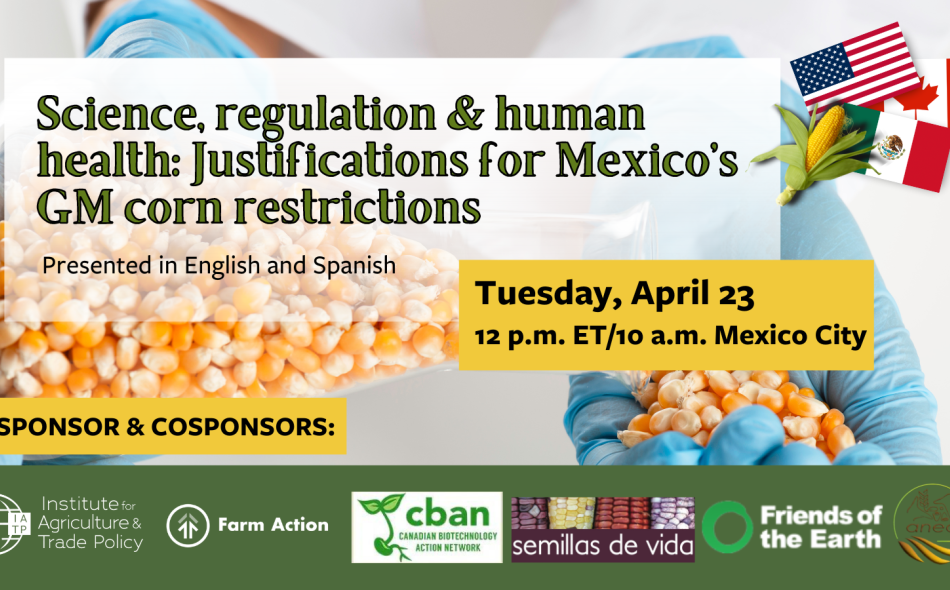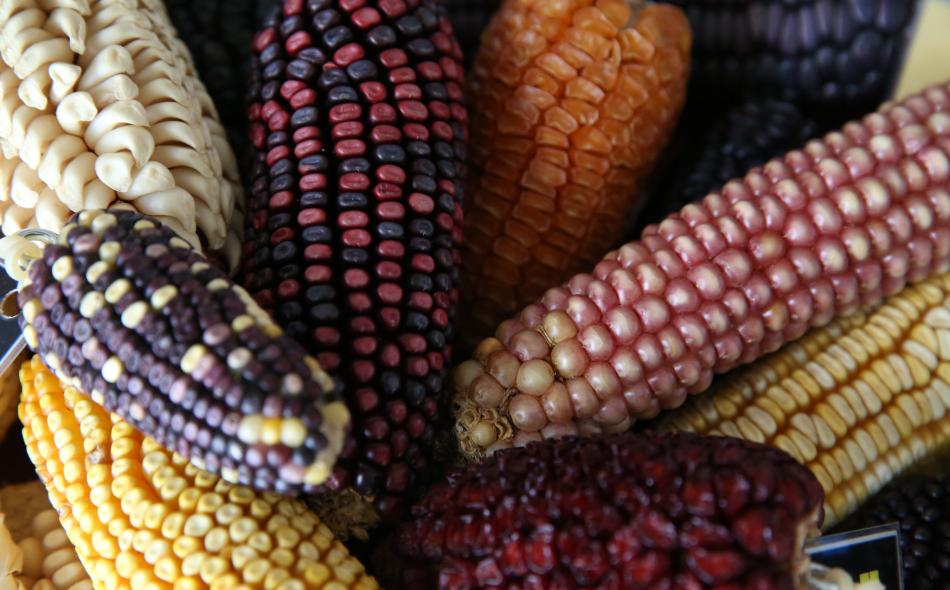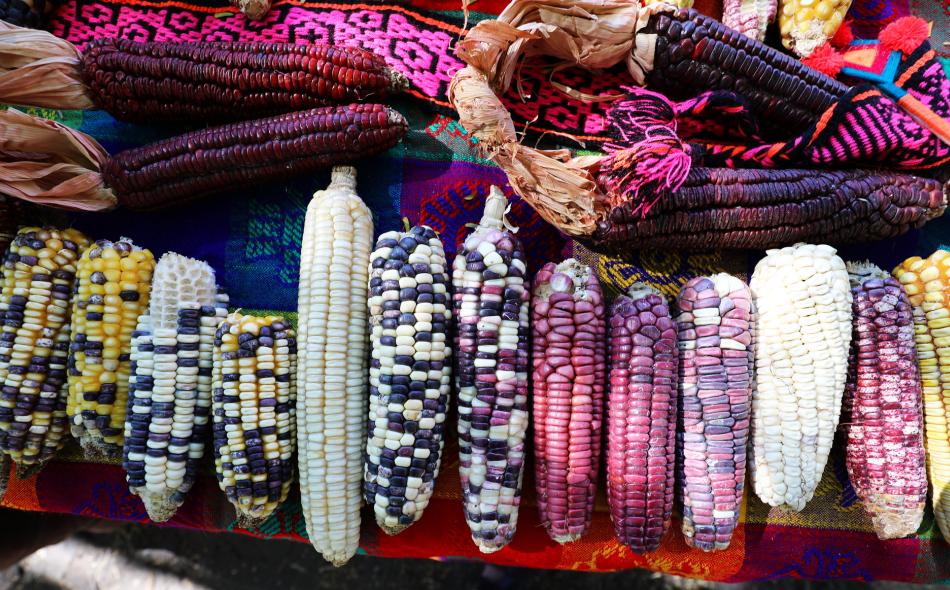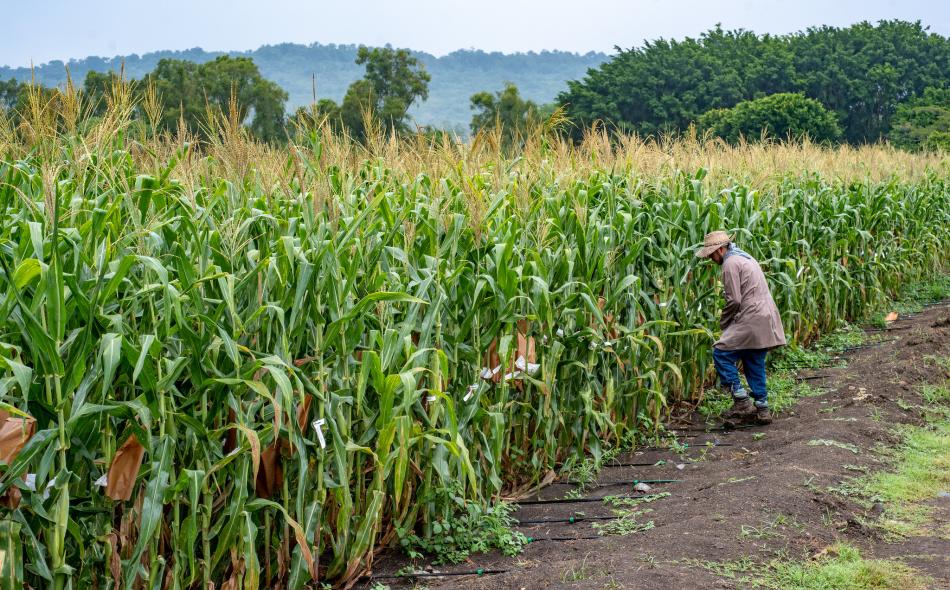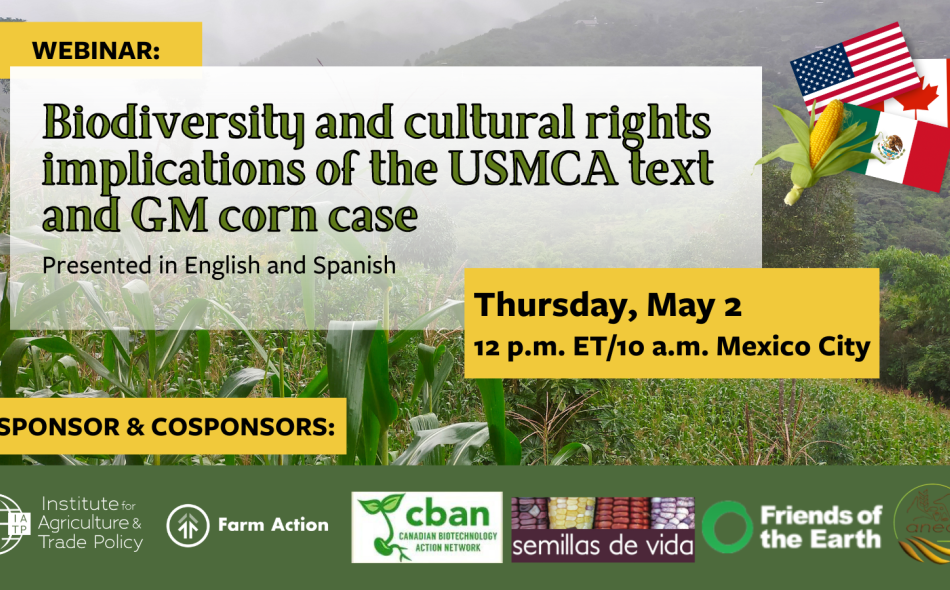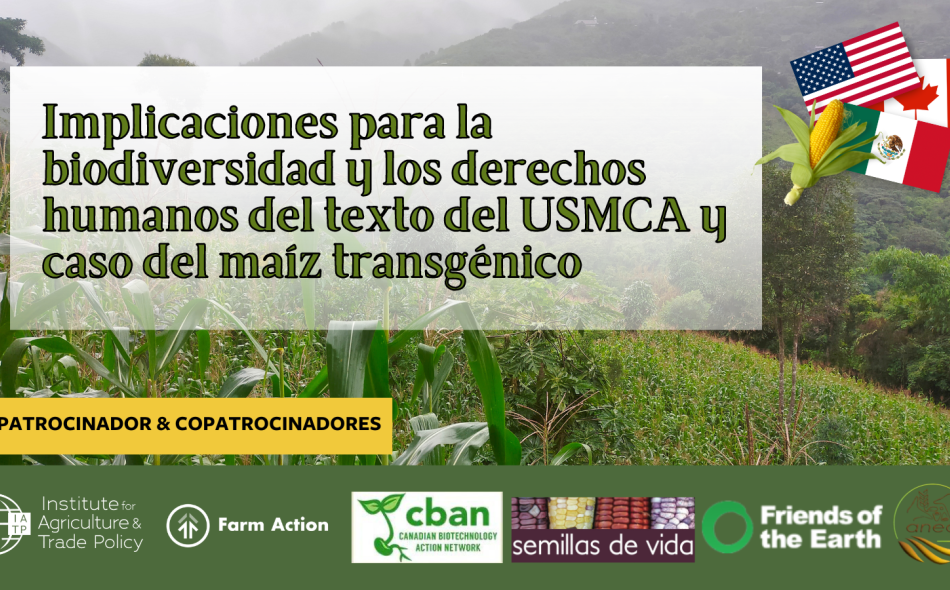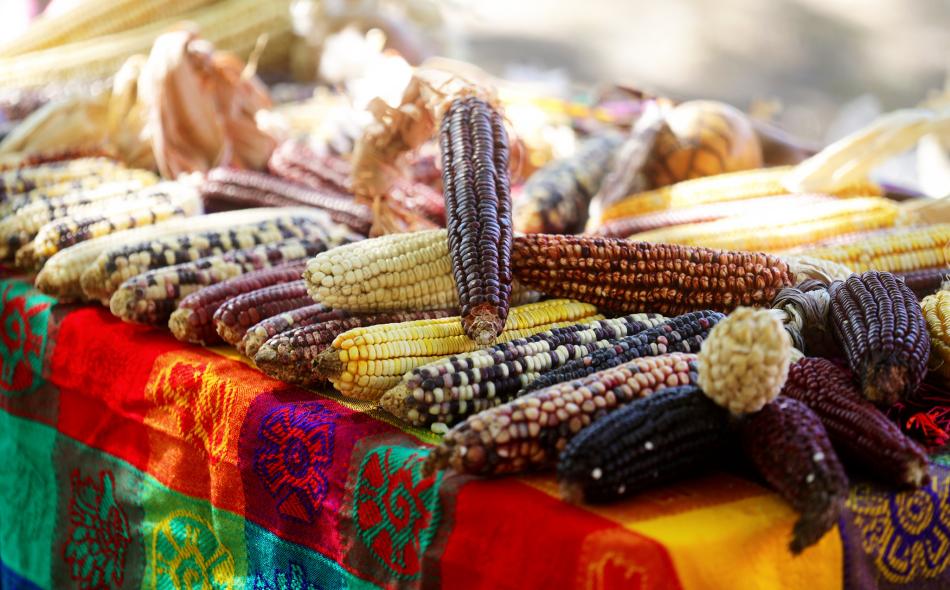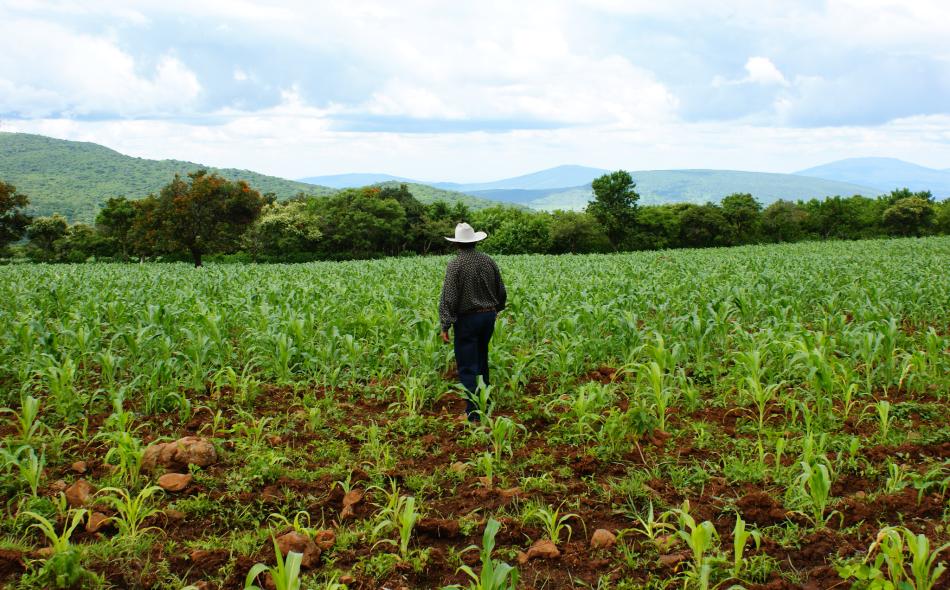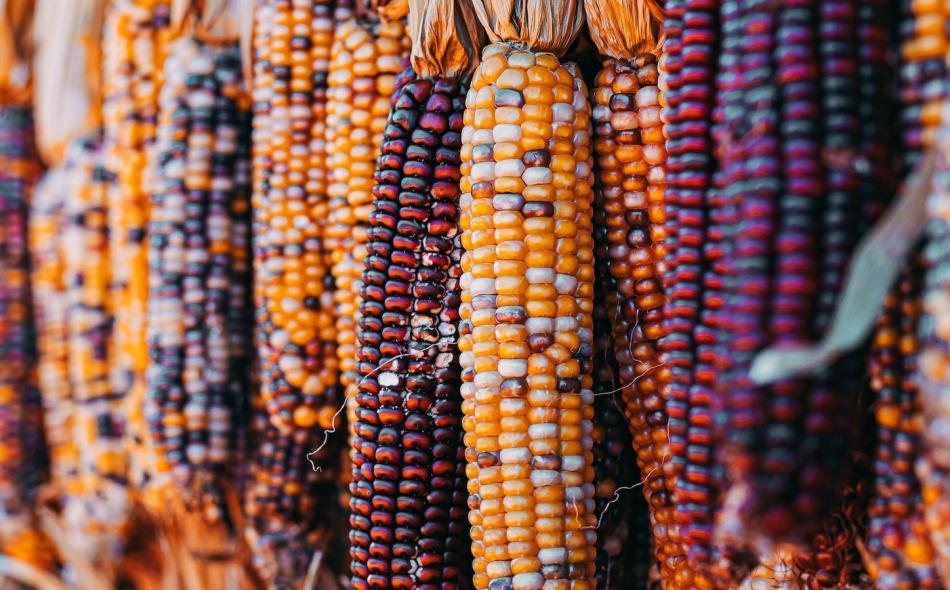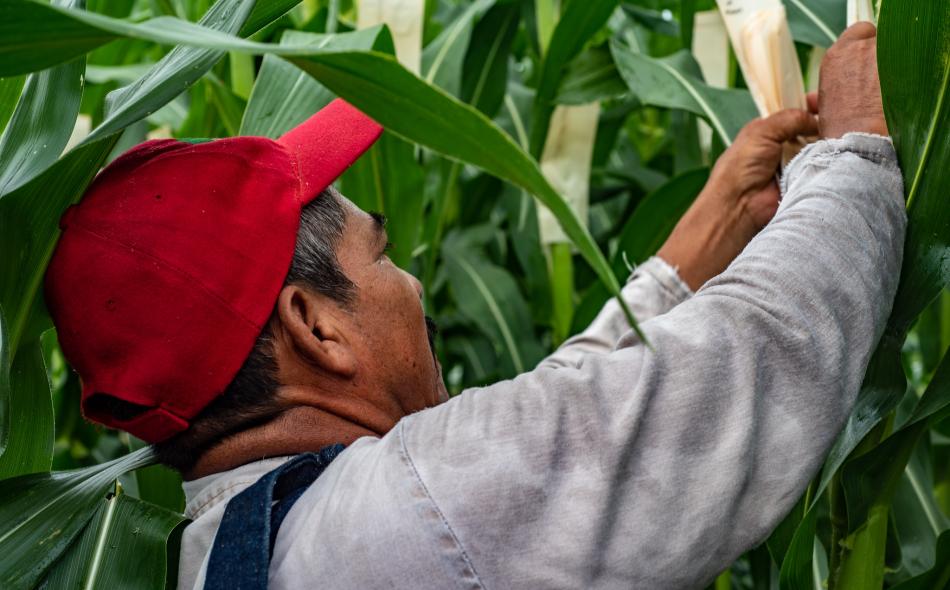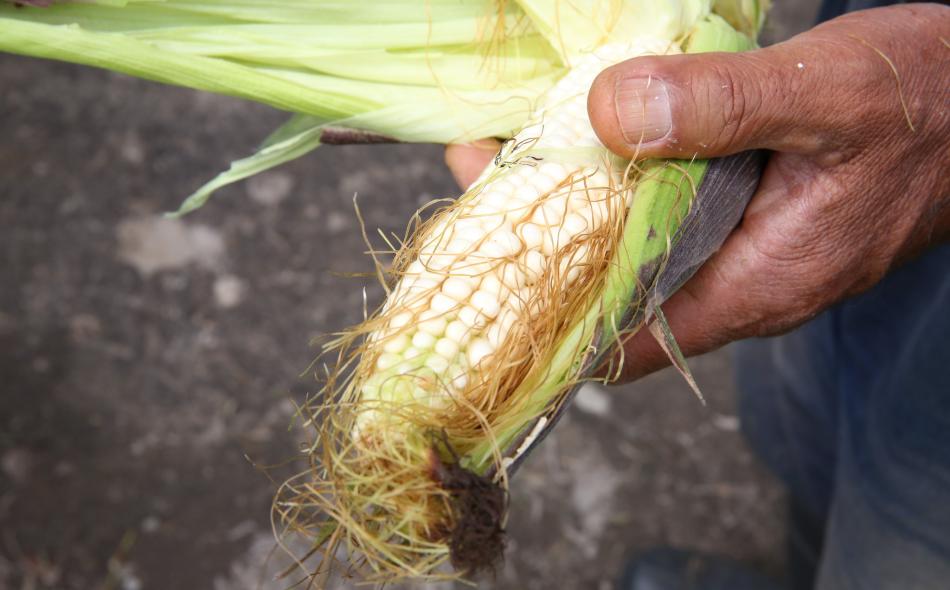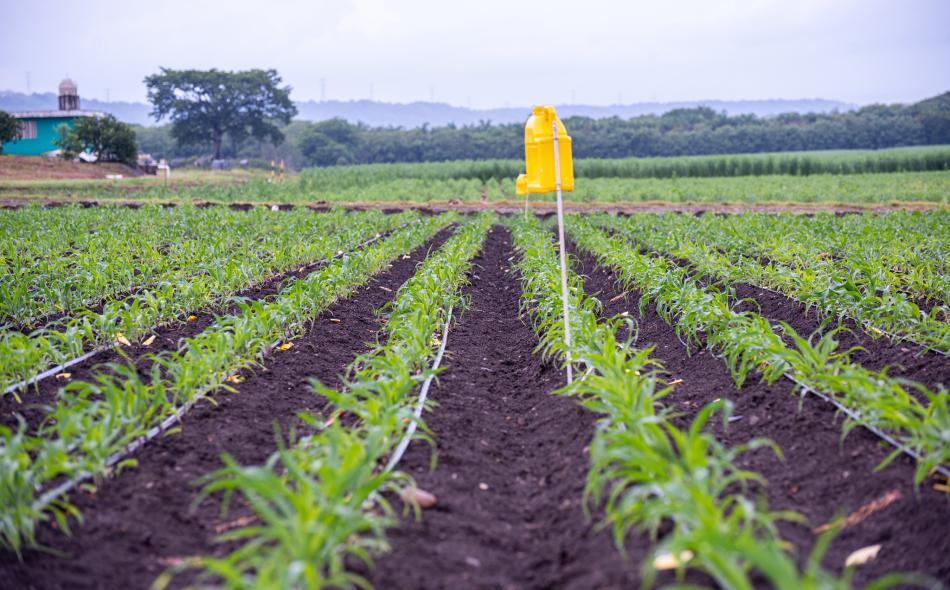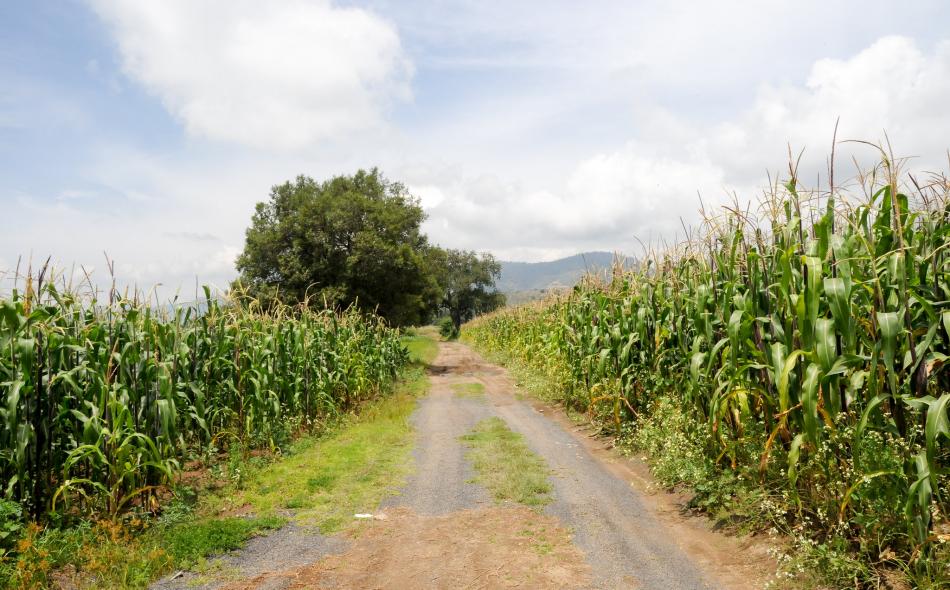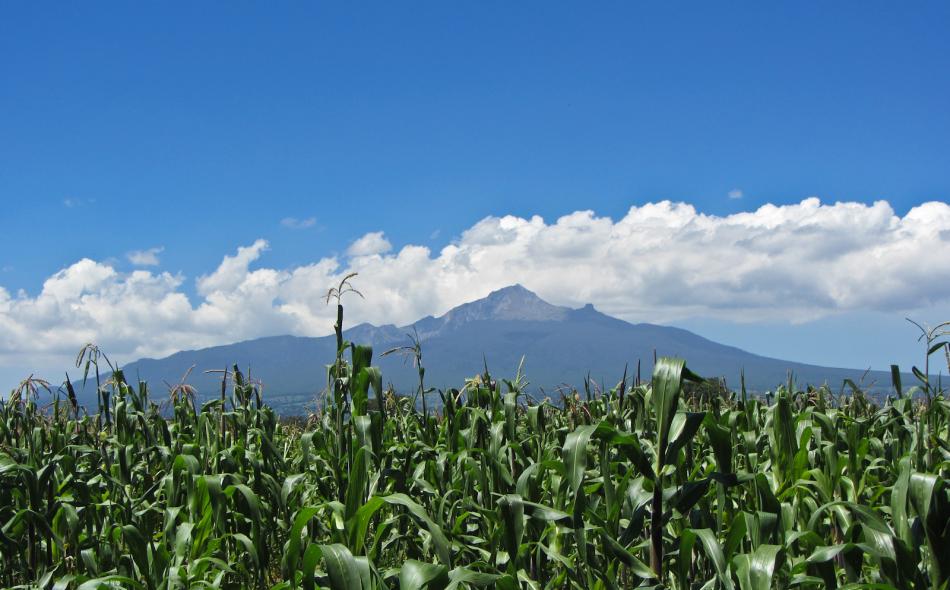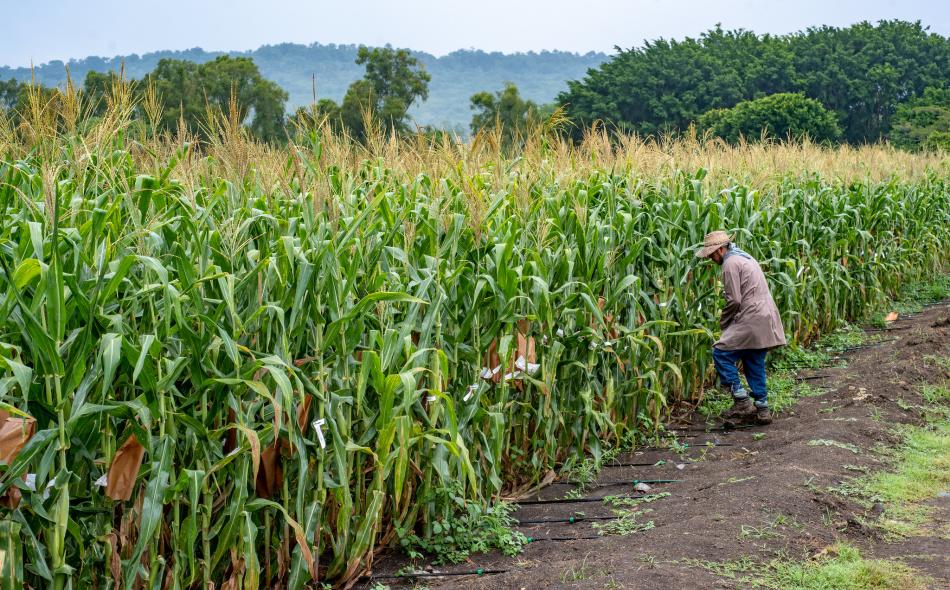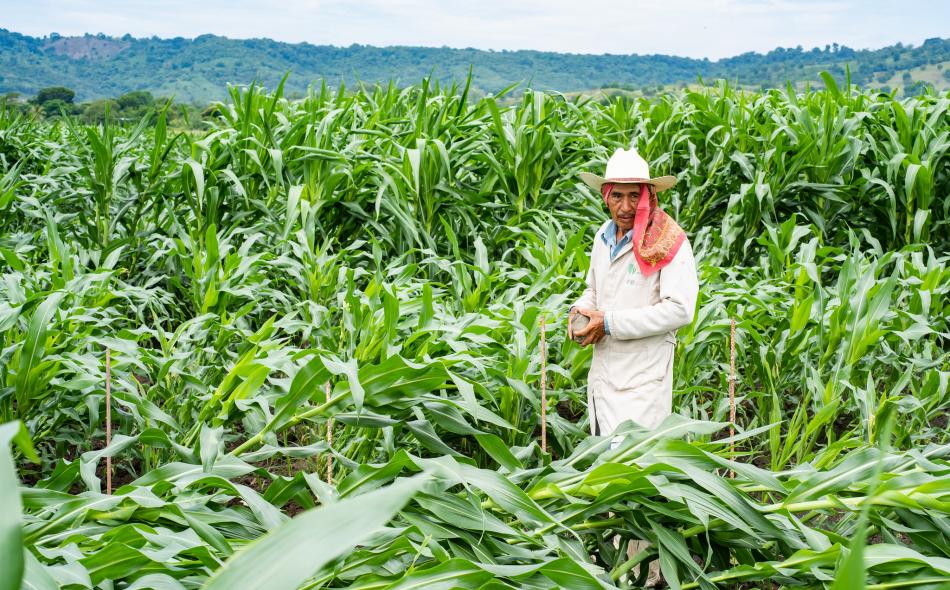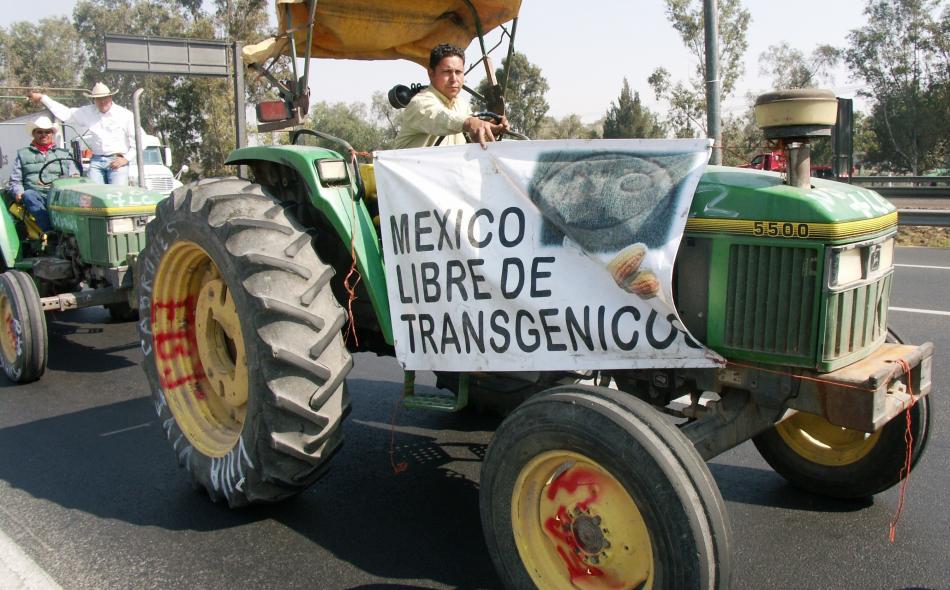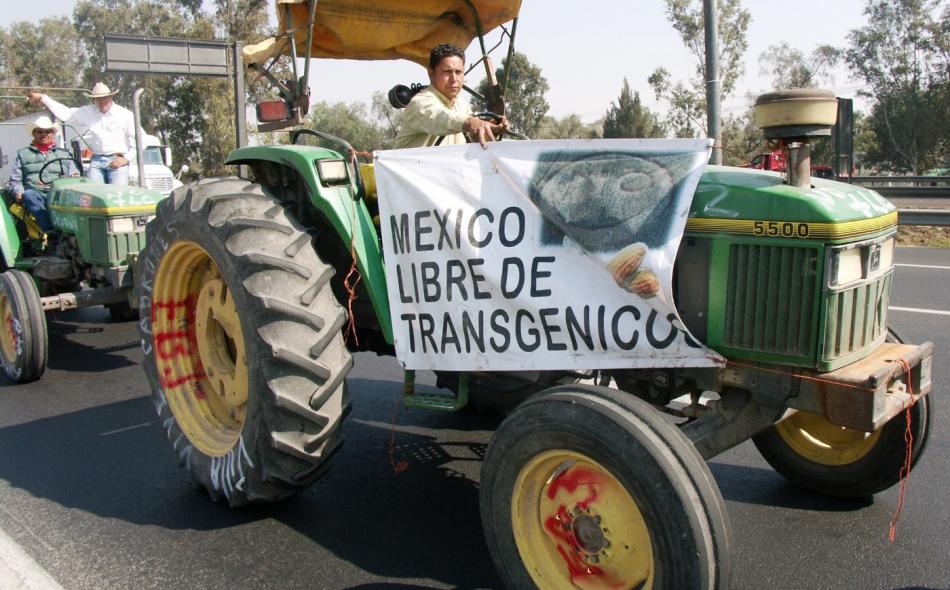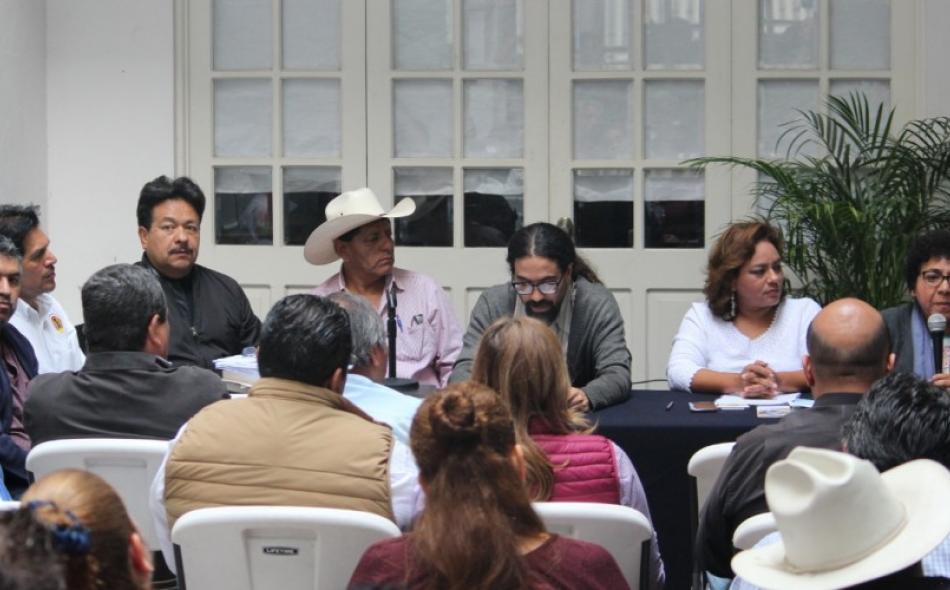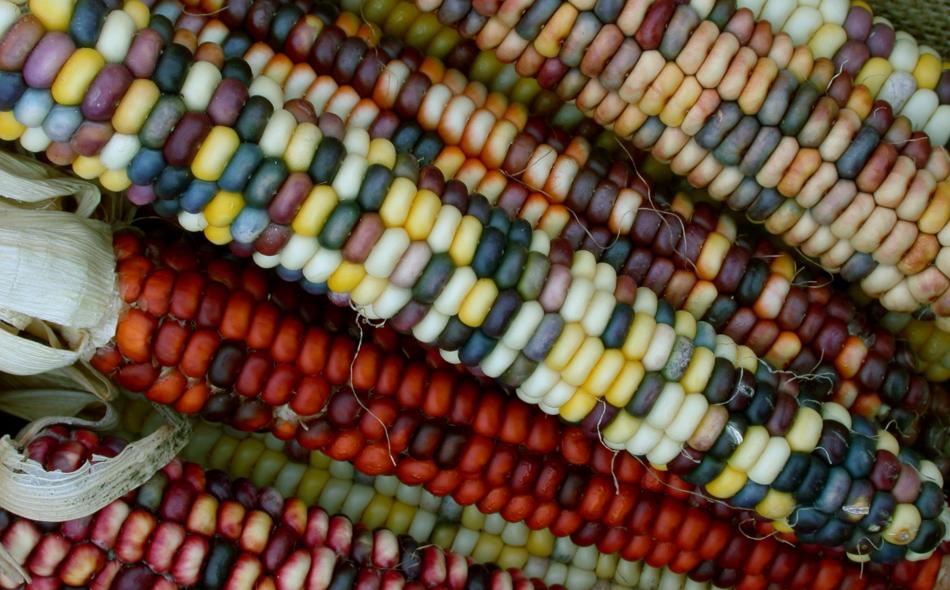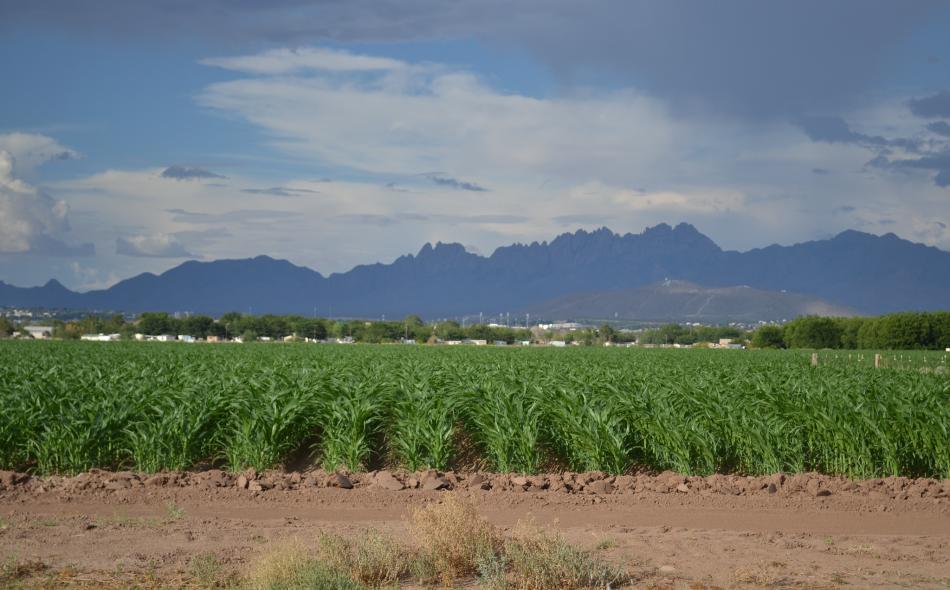Genetically modified corn has always been contentious in Mexico. Maize, as it is known in most of the world, is the core of the country’s diet and cuisine. The global food crop was first domesticated in Mesoamerica, which now is home to the richest store of crop biodiversity in the world. Farmer, environmental and consumer groups successfully won and defended a 2013 injunction to stop agrochemical companies from planting GM maize in Mexico, arguing that it violated Mexicans’ constitutional guarantee of the right to a clean environment. That right was deemed to include protection of cross-pollination of native maize varieties by GM maize. In February 2023, a presidential decree outlawed the cultivation of GM maize in Mexico, restricted the use of GM maize in tortillas and other food products made with minimally processed maize, confirmed the phaseout by March 2024 of glyphosate use in the country, and set the long-term goal of replacing GM maize with non-GM maize in animal feed and other industrial uses. Agribusiness lobbies in the U.S. and Mexico have vigorously opposed the restrictions.
On August 17, 2023 the United States Trade Representative (USTR) office escalated its complaint against Mexico’s ban on GM corn, asserting it as a potential violation of USMCA. USTR filed a request for the formation of a dispute resolution panel under the USCMA framework. That case is now ongoing, with a resolution expected in late 2024.
IATP has analyzed the USMCA and believes that USTR is exaggerating the economic impacts on U.S. producers and that the agreement permits such precautionary policies to protect public health and the environment. We continue to follow the ongoing controversy in close collaboration with allies in Mexico who seek to defend the country’s sovereign right to take measures to protect public health, the environment and its cultural heritage.
Recent articles
Read all articles on the "Articles" tab above on this page.
Webinar recordings
The Mexican government announced its plans to transition away from imports of GM corn and the use of glyphosate shortly after President Andres Manuel Lopez Obrador took office in 2019. These plans were part of a bigger package of reforms intended to strengthen the country’s self-reliance on its food supplies and to move toward agroecological production. It responded to years of concerted efforts by social movements, including successful advocacy efforts and litigation led by the Sin Maíz No Hay País (Without Corn, No Country) campaign to prevent planting of GM corn and protect the country’s cultural heritage and biodiversity.
The initial decree called for phasing out the use of glyphosate and of imports of GM corn by 2024. The revised decree issued in February 2023 continues the phaseout of glyphosate, will eliminate the use of GM corn in flour and tortillas for direct human consumption, and calls for the eventual substitution of GM corn for industrial use and animal feed as non-GM corn becomes available.
U.S. producers and traders of GM corn and their allies in Congress, as well as U.S. Department of Agriculture Secretary Tom Vilsack, have complained against these plans since they were first announced, insisting that the policies violate the terms of the USMCA. The formal U.S. request for a USMCA panel on August 17 focused on what the U.S. calls the Tortilla Corn Ban and the Substitution Instruction. The U.S. asserts that the Mexican government’s actions violate Sanitary and Phytosanitary Standards (food and plant safety provisions) in the agreement, saying the decisions were not based on international standards or risk assessment principles and discriminate against U.S. exports. Even though it does not export corn to Mexico, Canada joined the complaint as a third party.
Under USMCA dispute rules, non-governmental entities may submit requests of up to 1,000 words outlining longer submissions that they would develop to inform the dispute resolution process. Those requests were due on November 7, 20 days after the final dispute panelist was confirmed.
The U.S. government submitted its formal complaint, which was published in December (also available in Spanish). Mexico's response was published in early March (also available in Spanish). For convenience, we offer links to the introduction/summary in English and Spanish. NGO's invited comments are due March 15 and can be views as they are available on our Submissions page.
Visit the USMCA Secretariat website to find official case documents. Register for a free account to gain access.
*Please note that the documents linked above and below were downloaded from the USMCA Secretariat website and shared here for reference.
Civil society input to USMCA trade dispute process
Official dispute documents
IATP articles
Read all IATP articles on the U.S.-Mexico corn case and Mexico's right to food sovereignty.
Press Releases
Policy Briefs
Additional articles
- "Can the United States Dictate the Mexican Diet?" Mexico Solidarity Project, July 28, 2023.
- "Science, Precaution, and Mexico’s GMO Corn Restrictions," Food Tank, February 14, 2023.
- “Mexico’s Highest Court Rejects Appeal of GM Corn Ban,” Food Tank, October 15, 2021.

